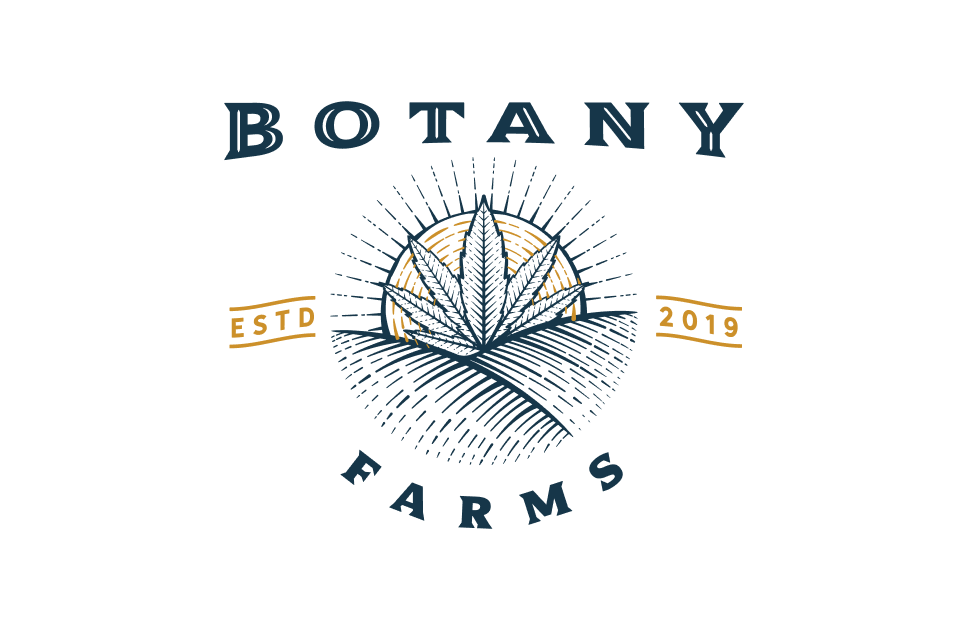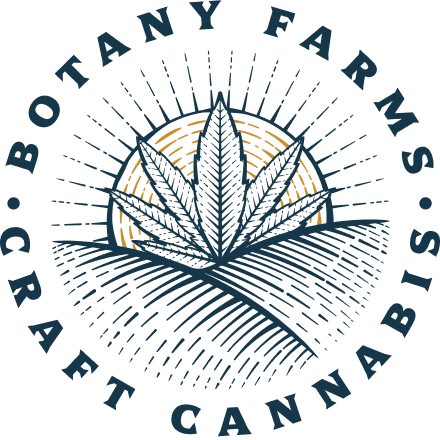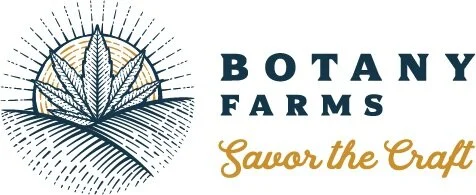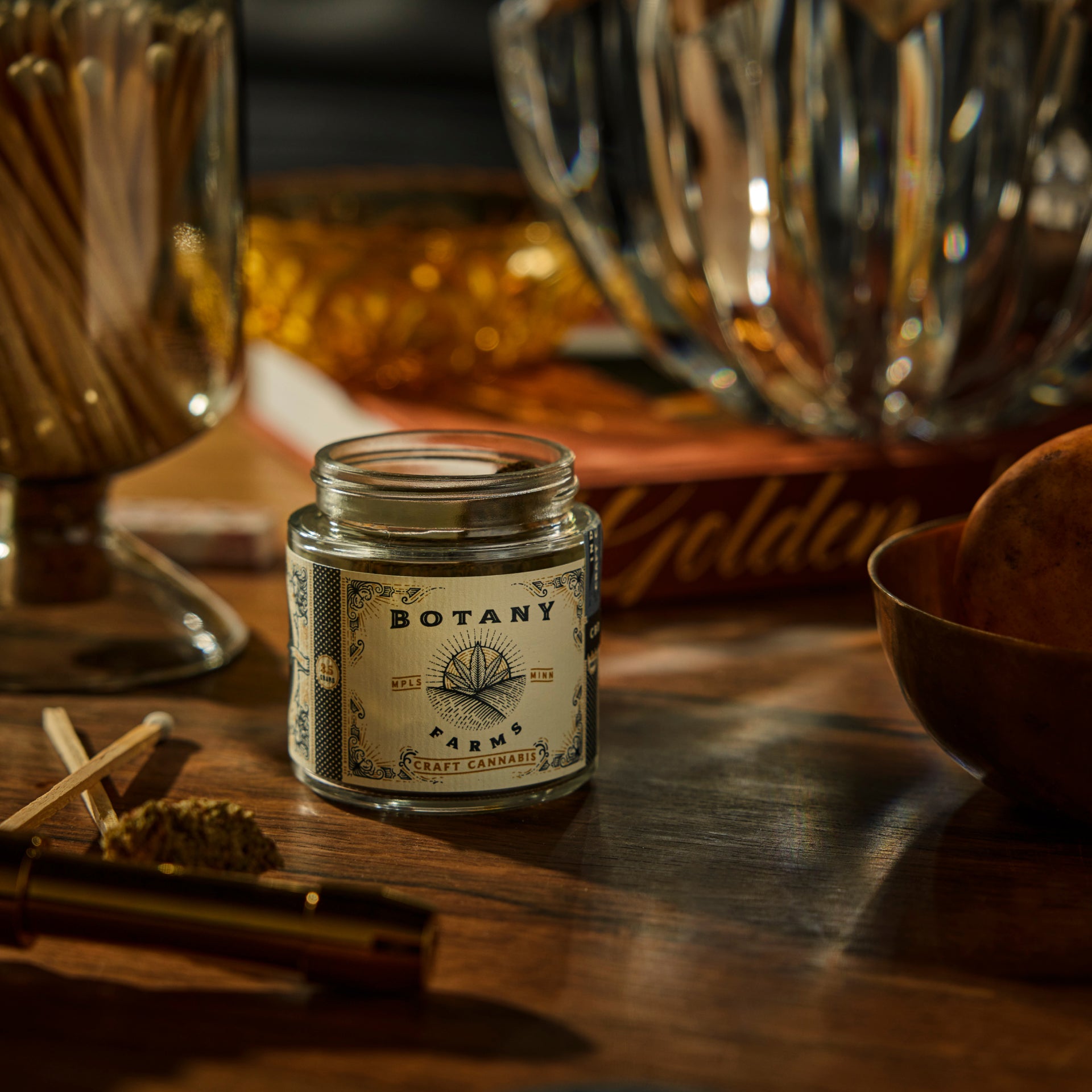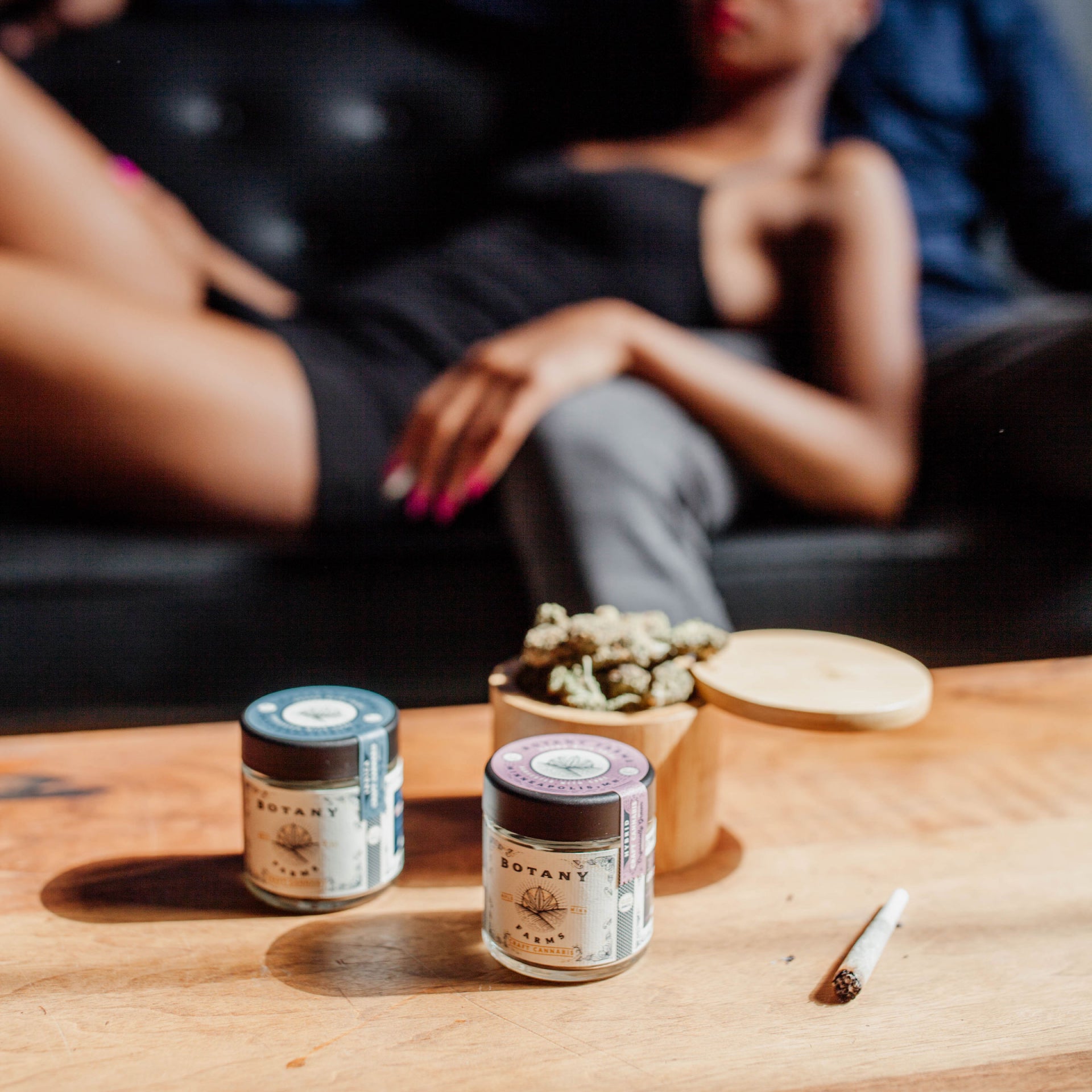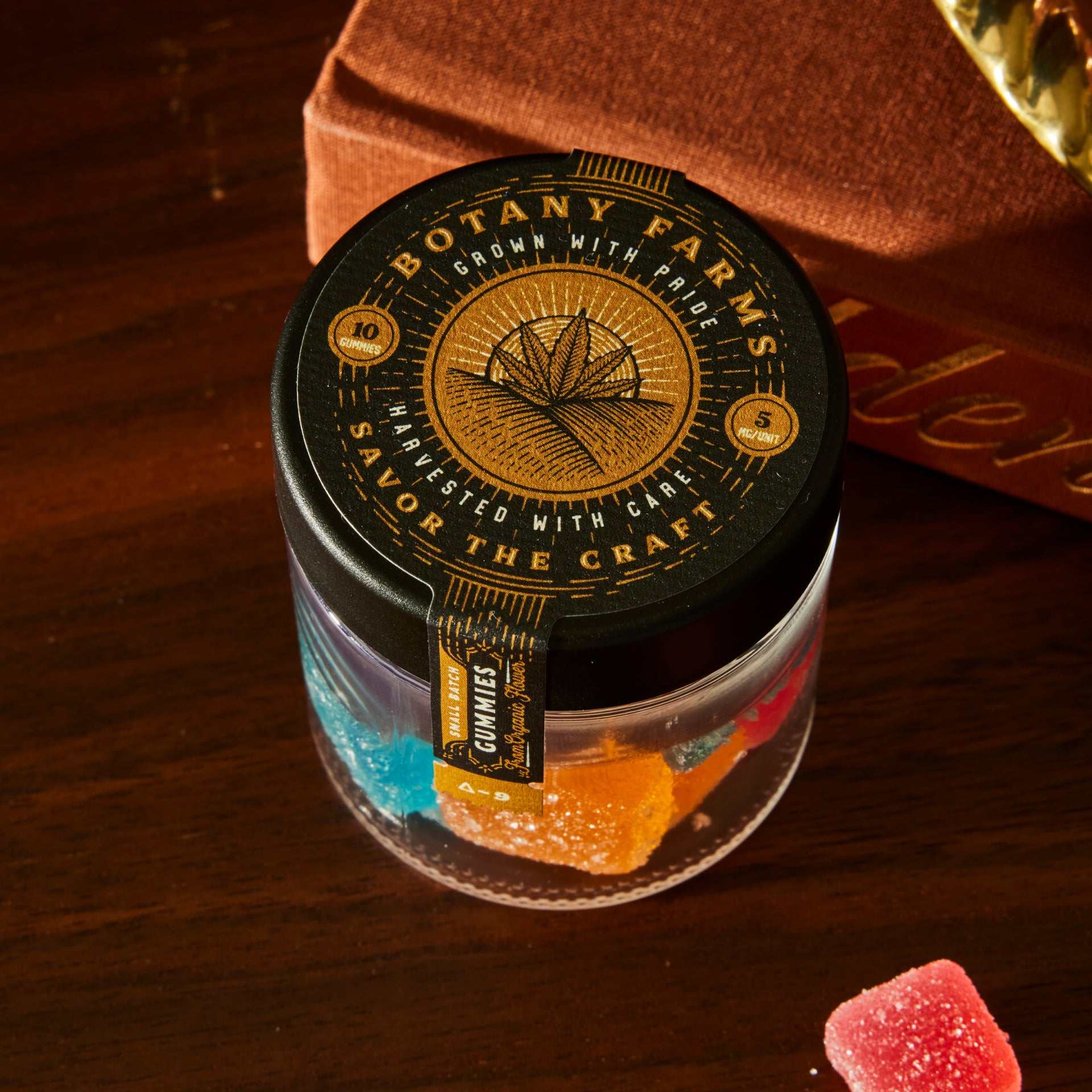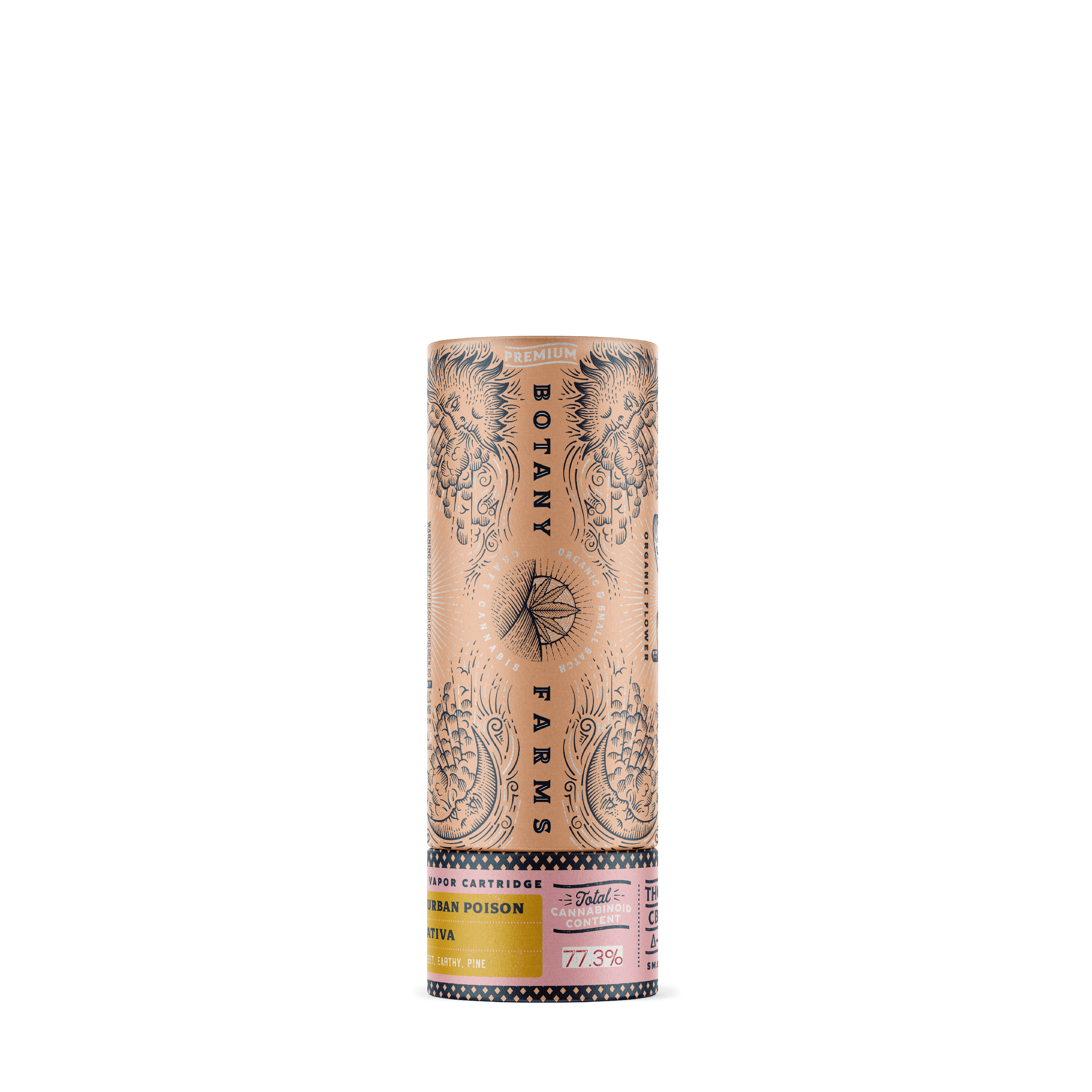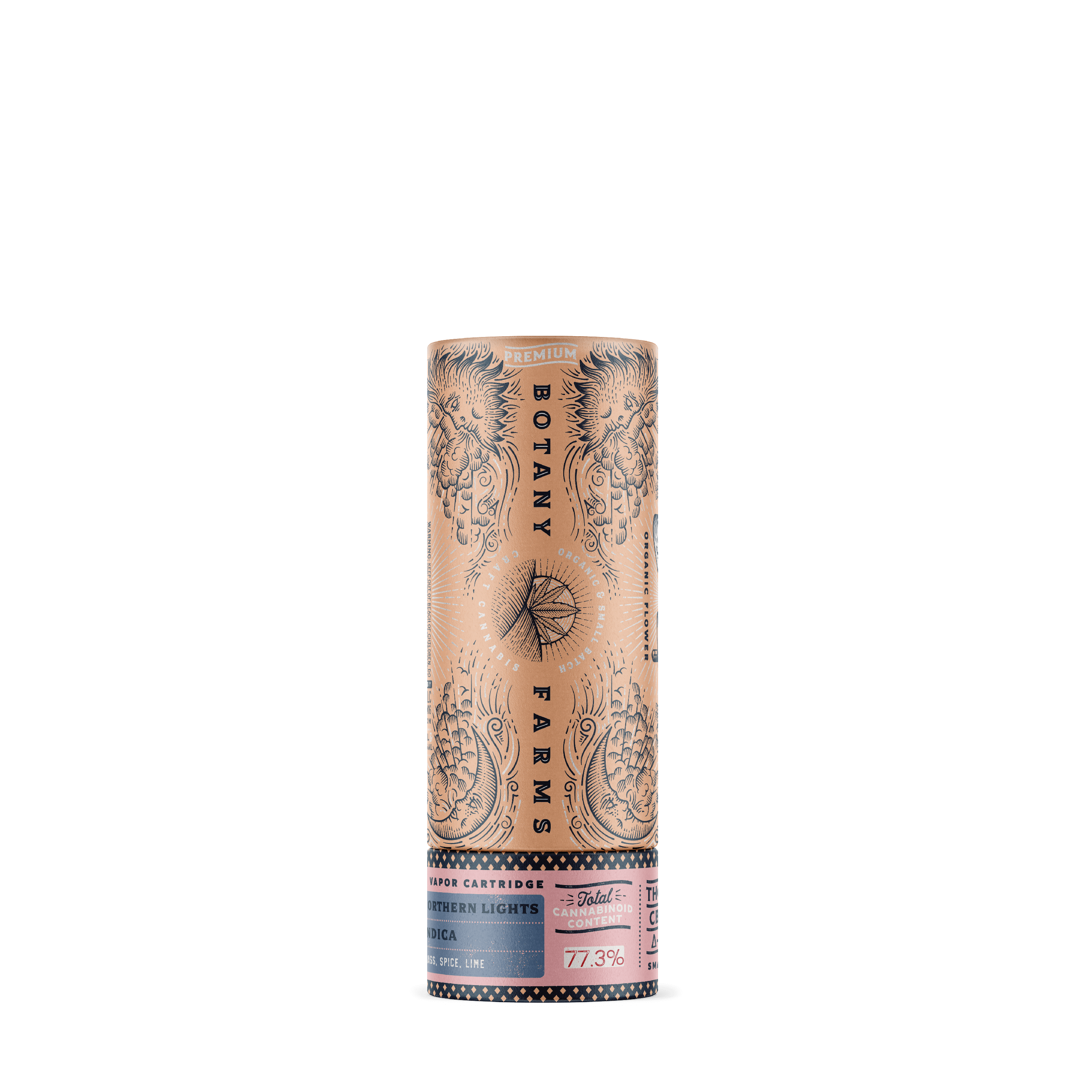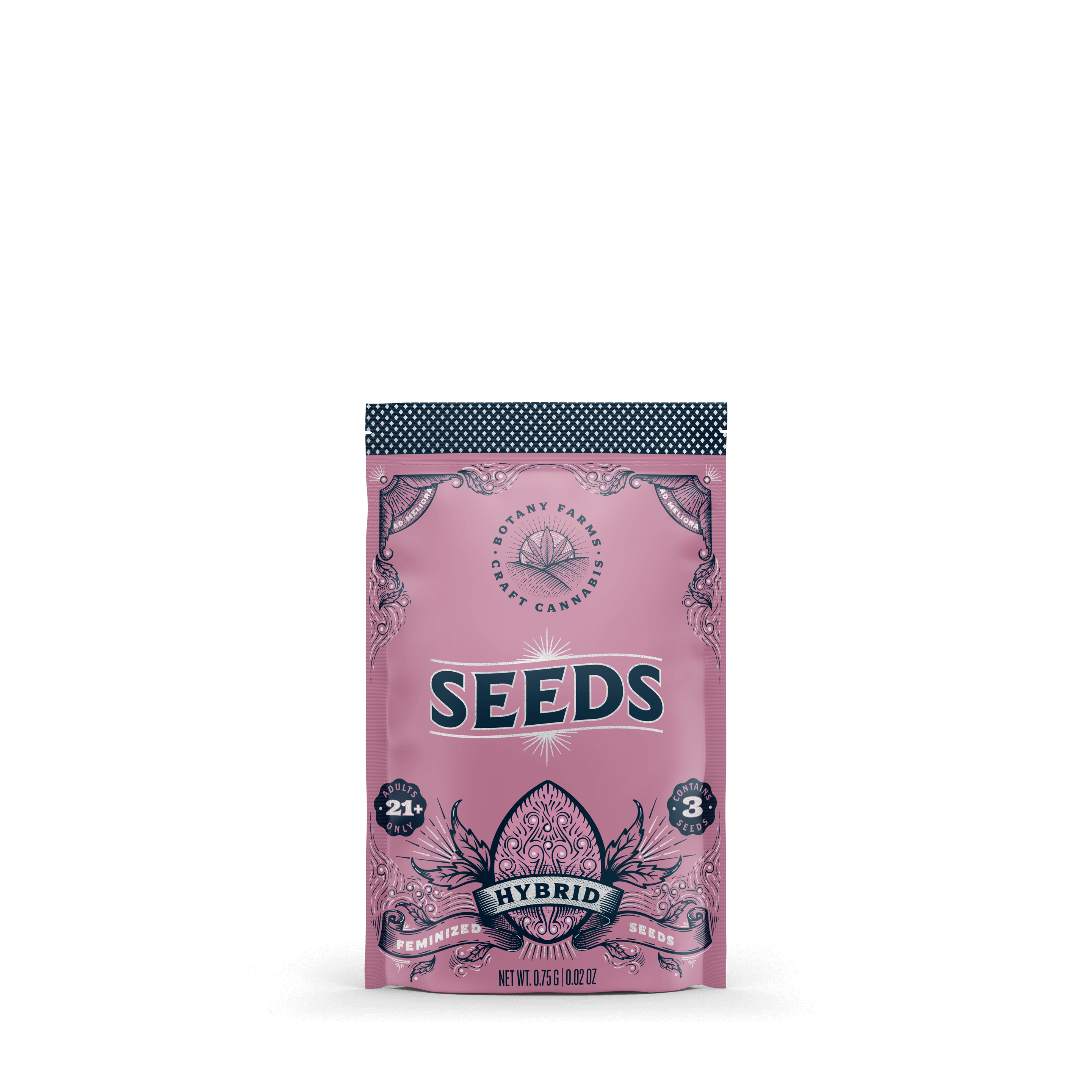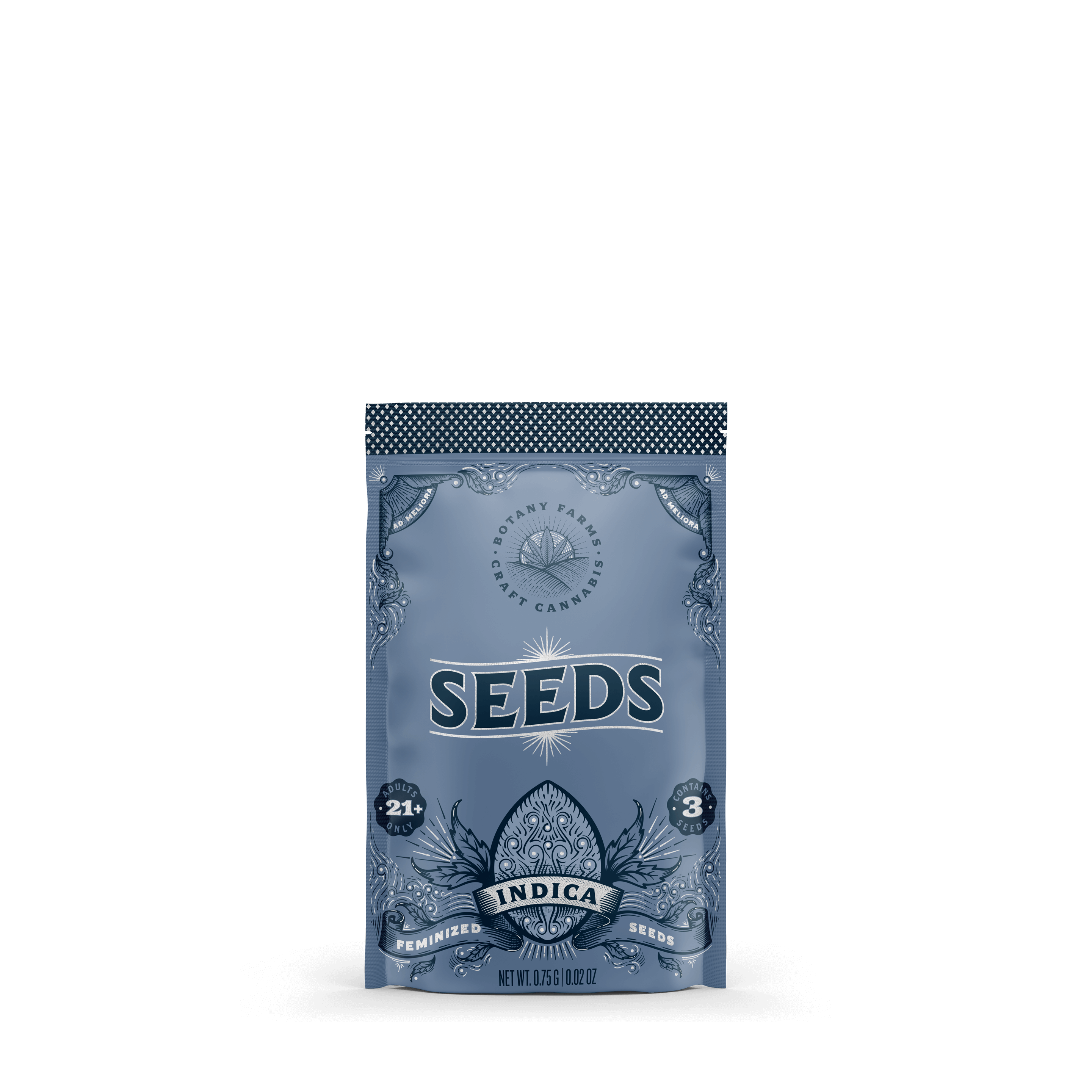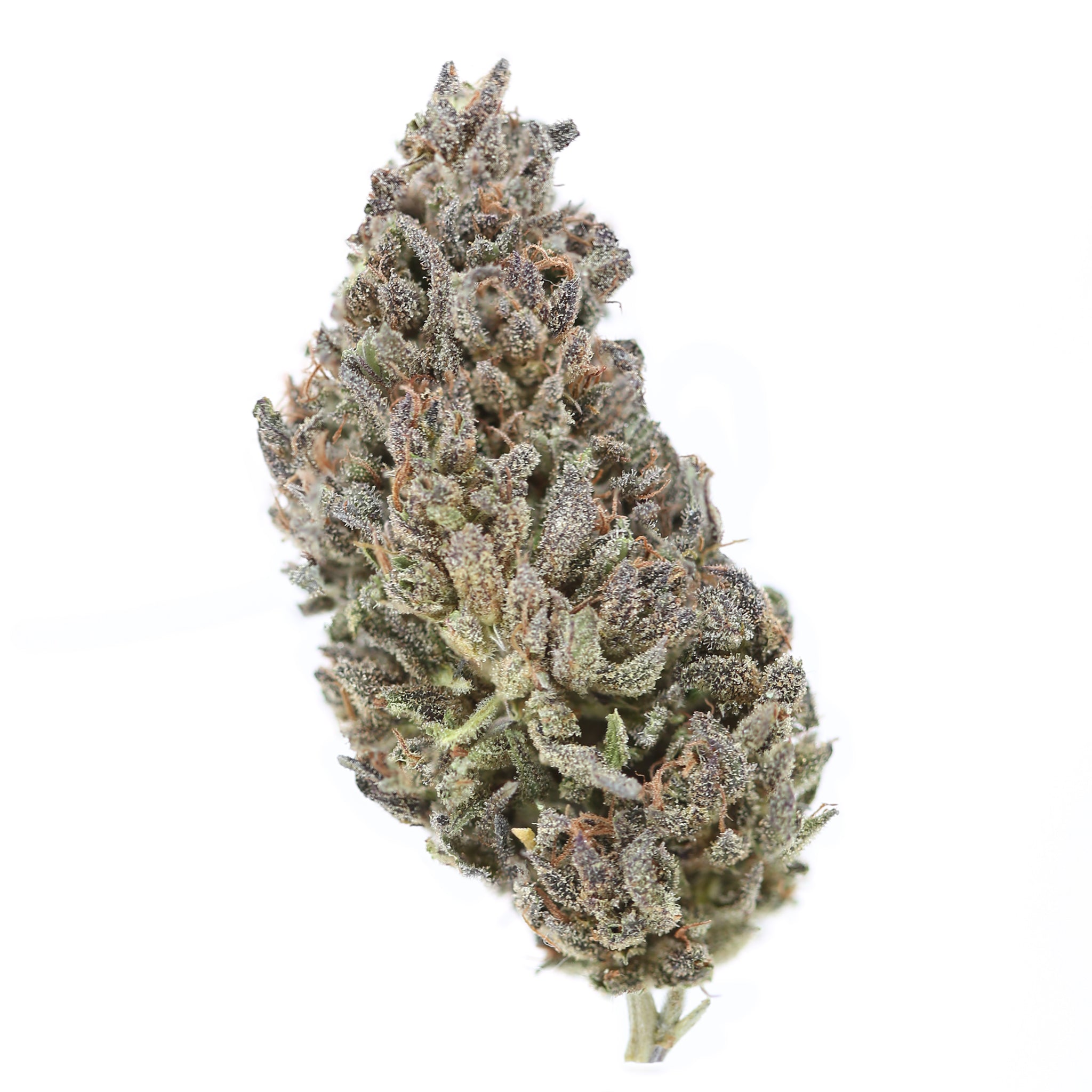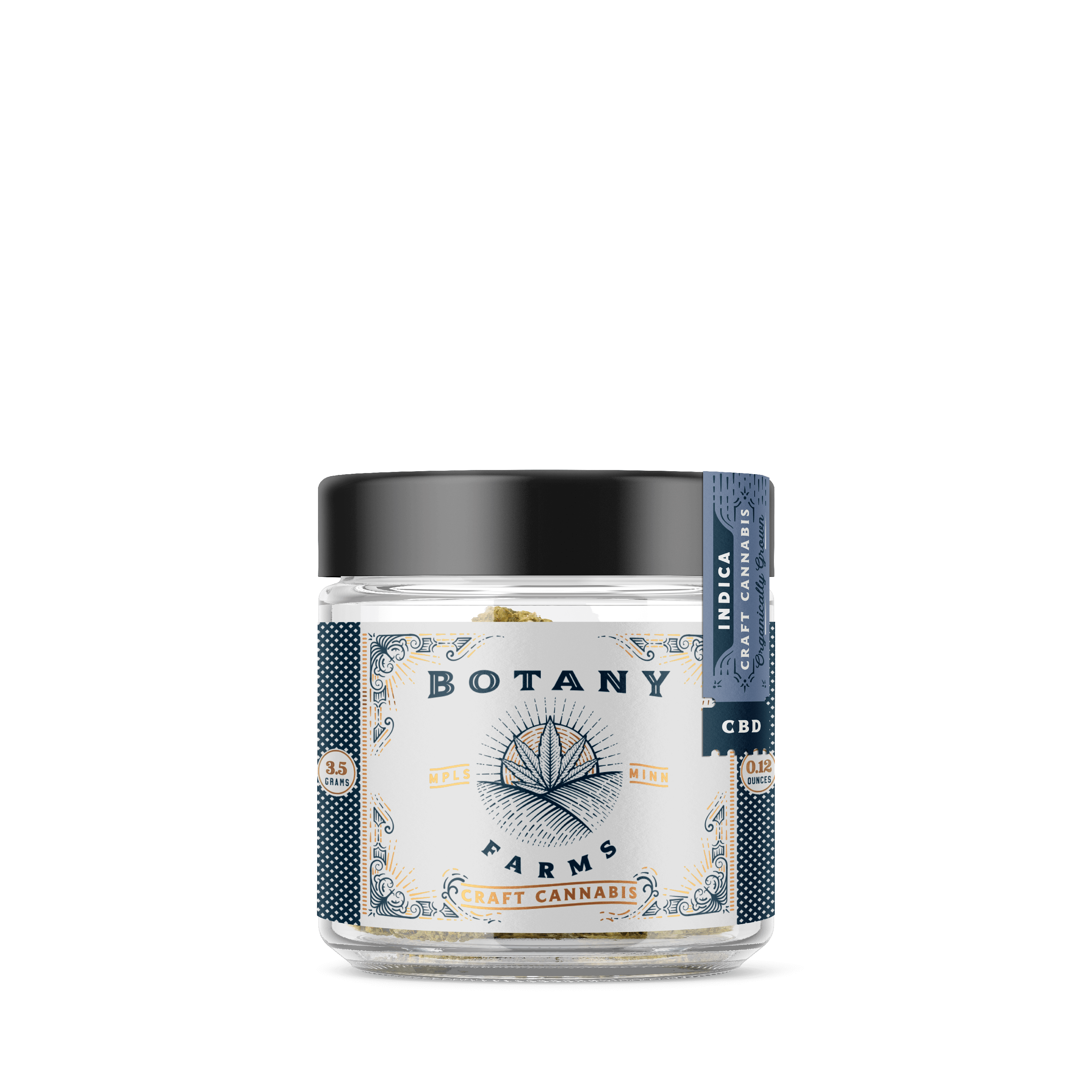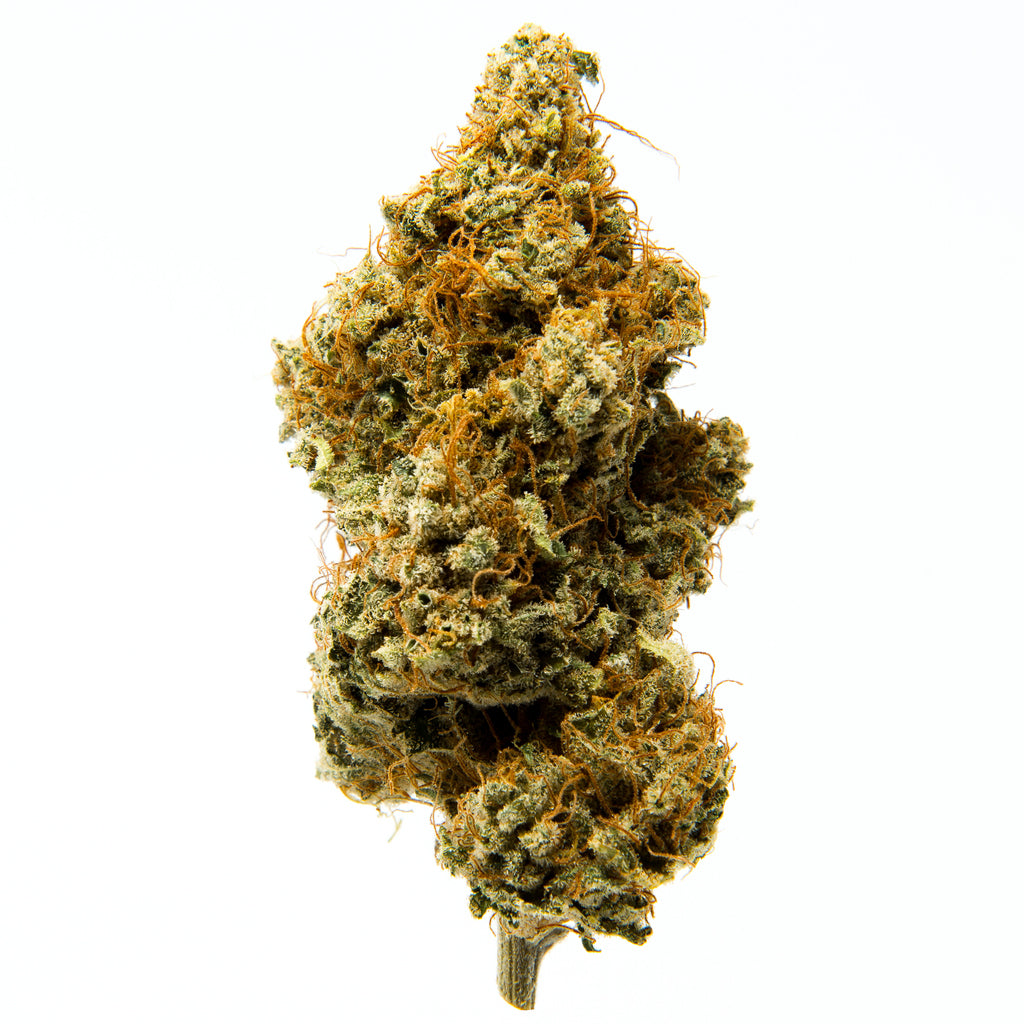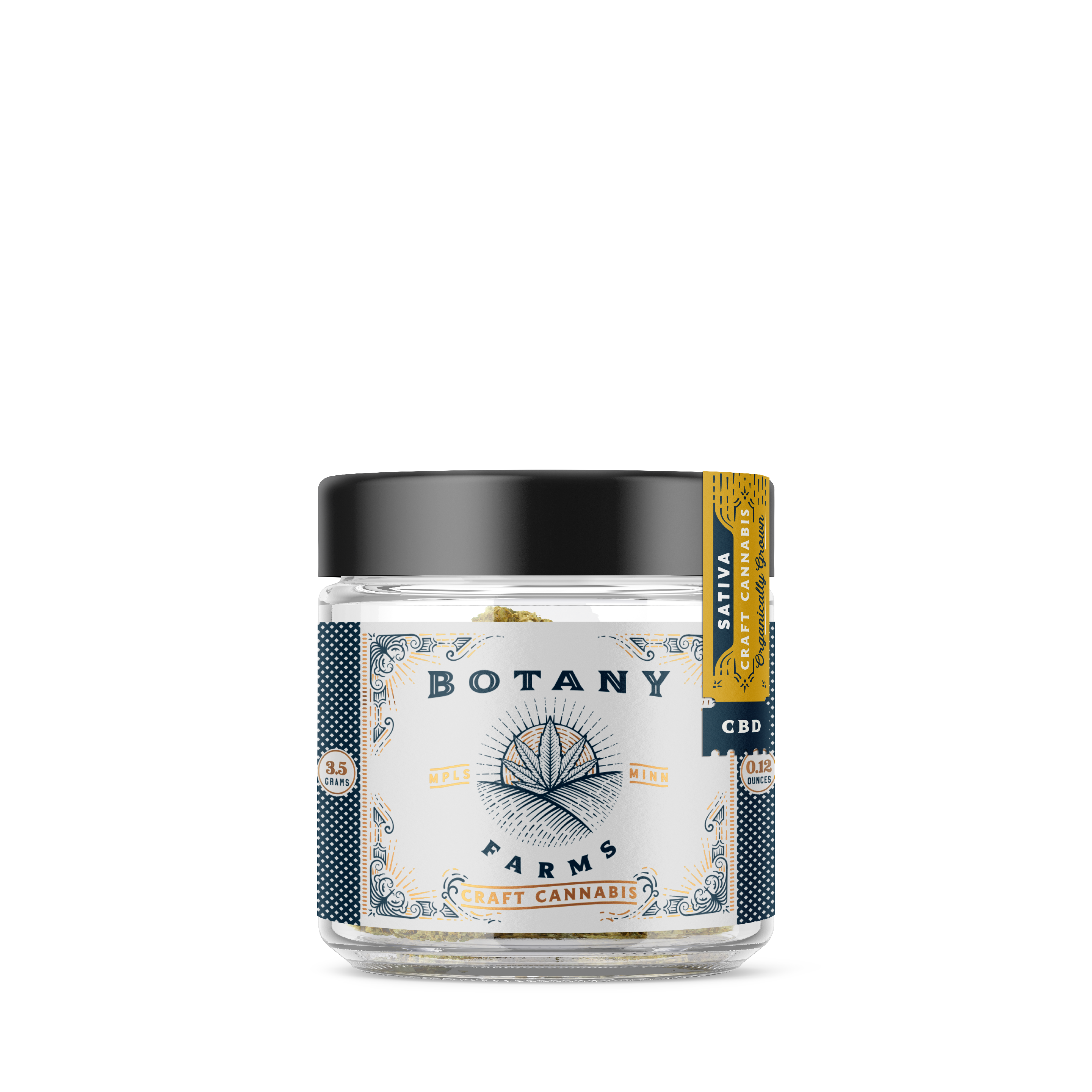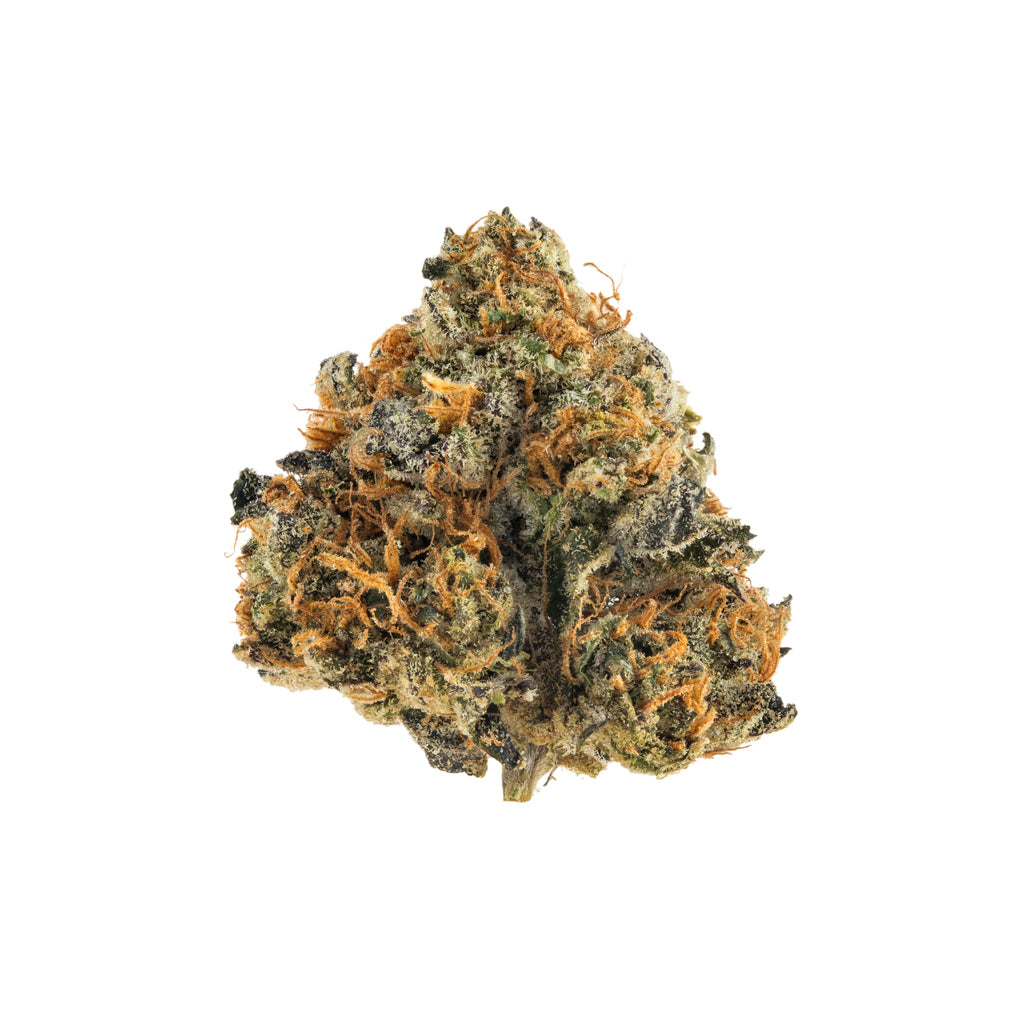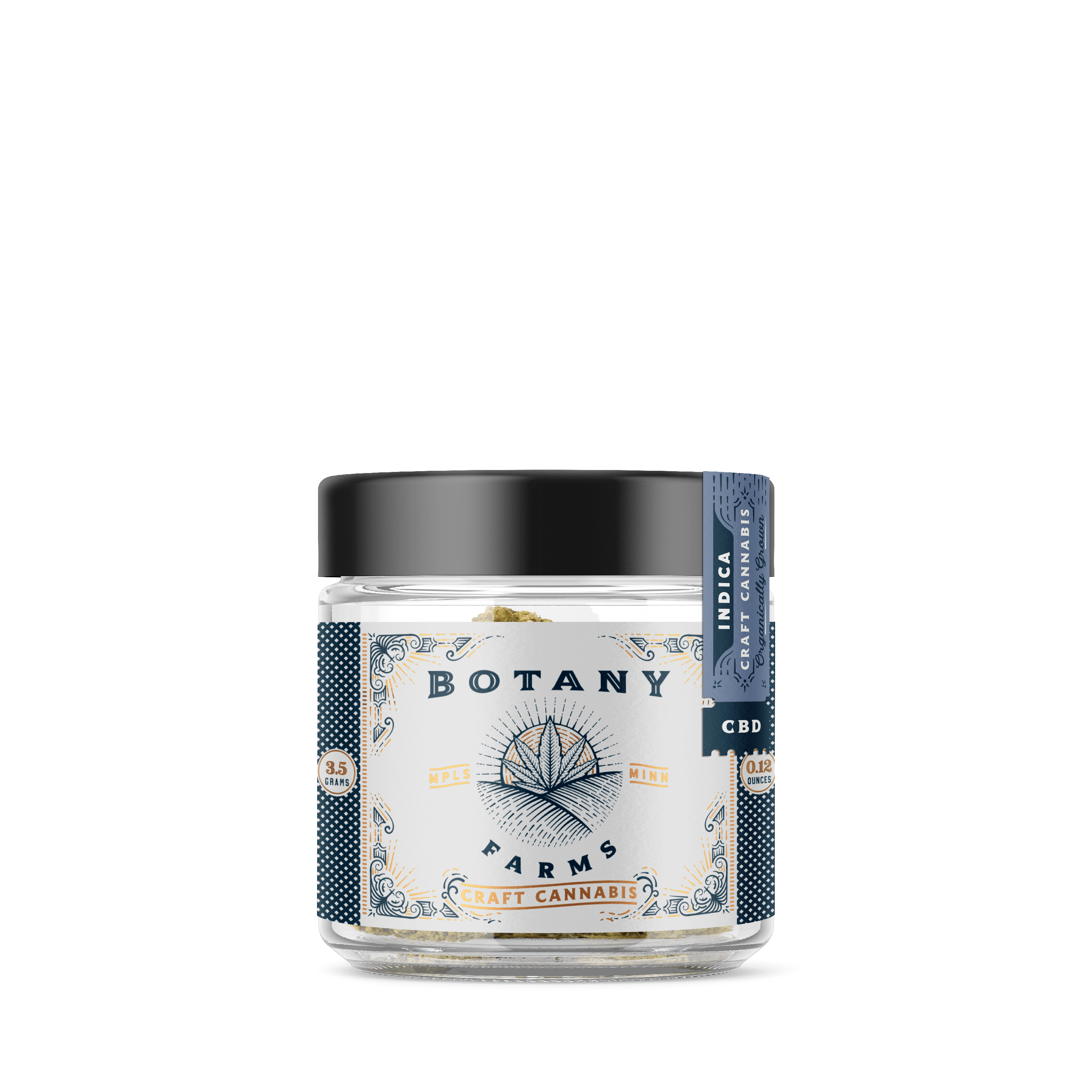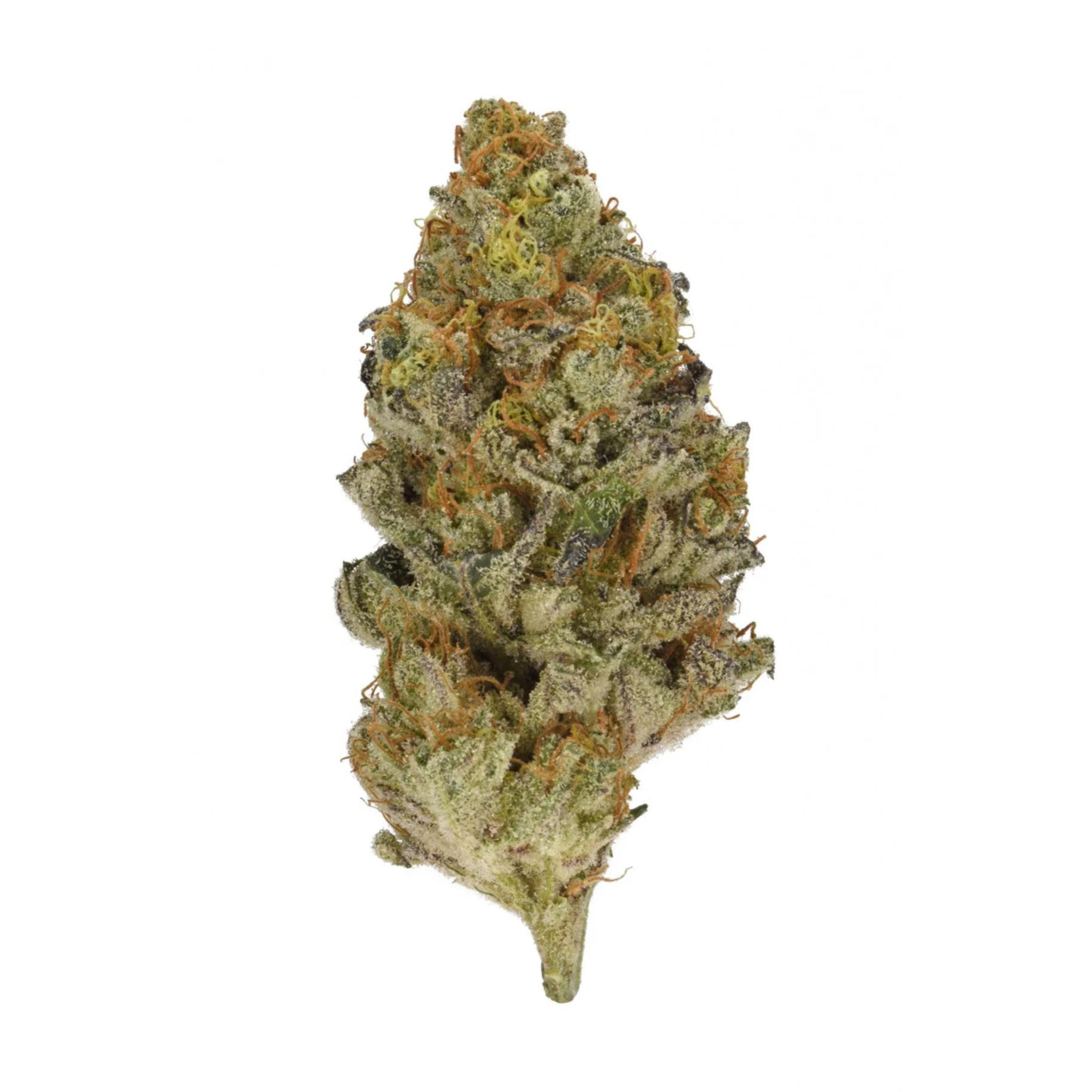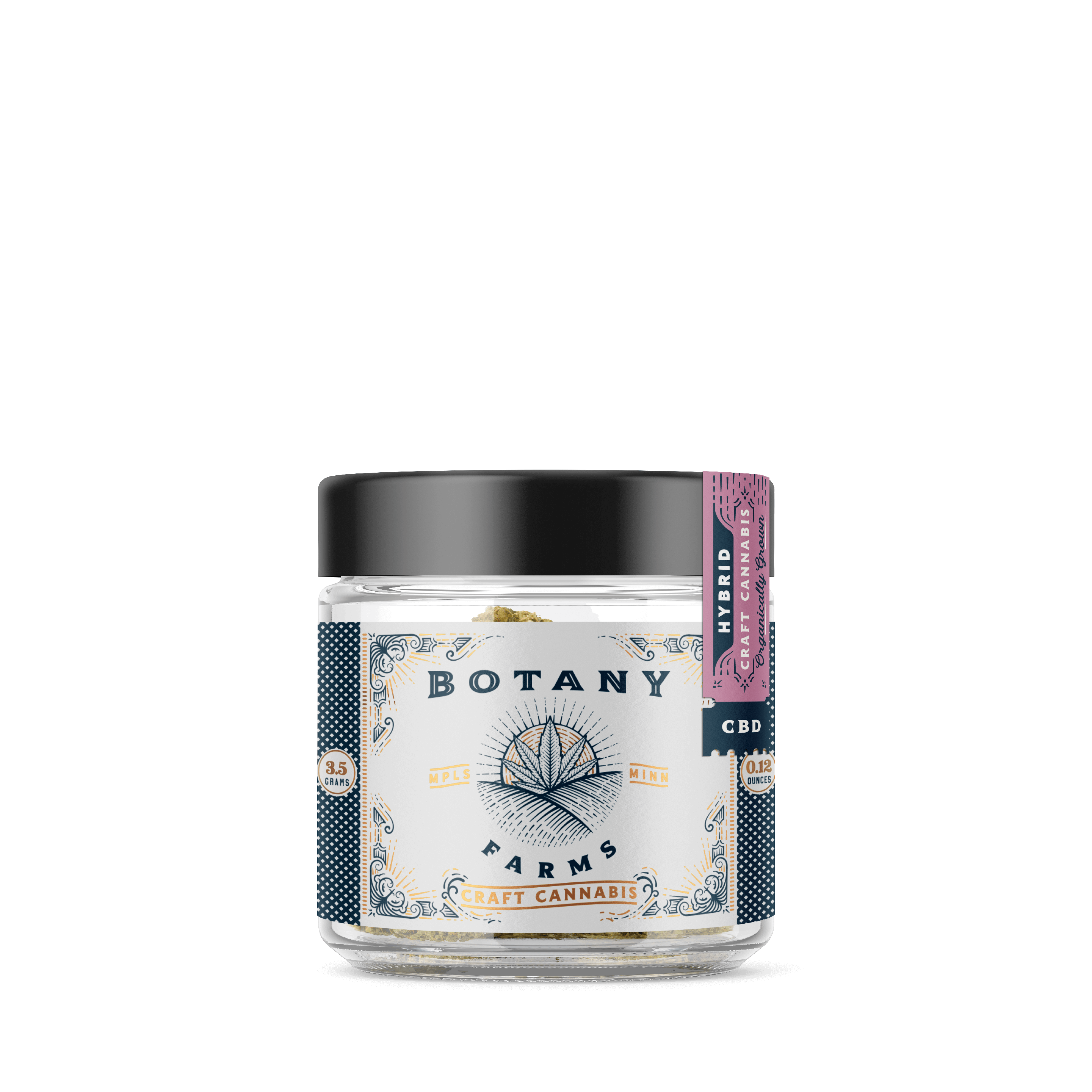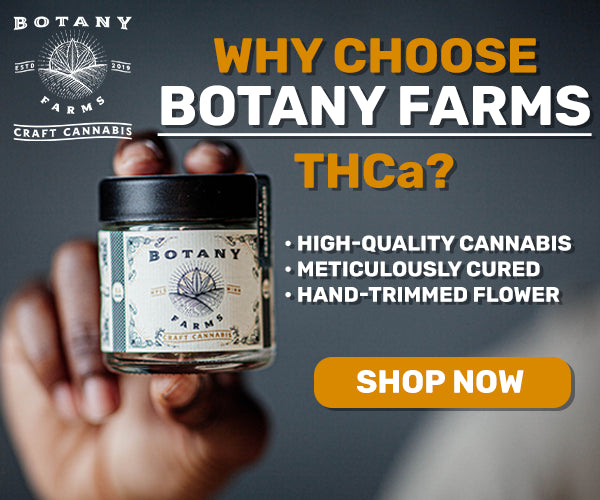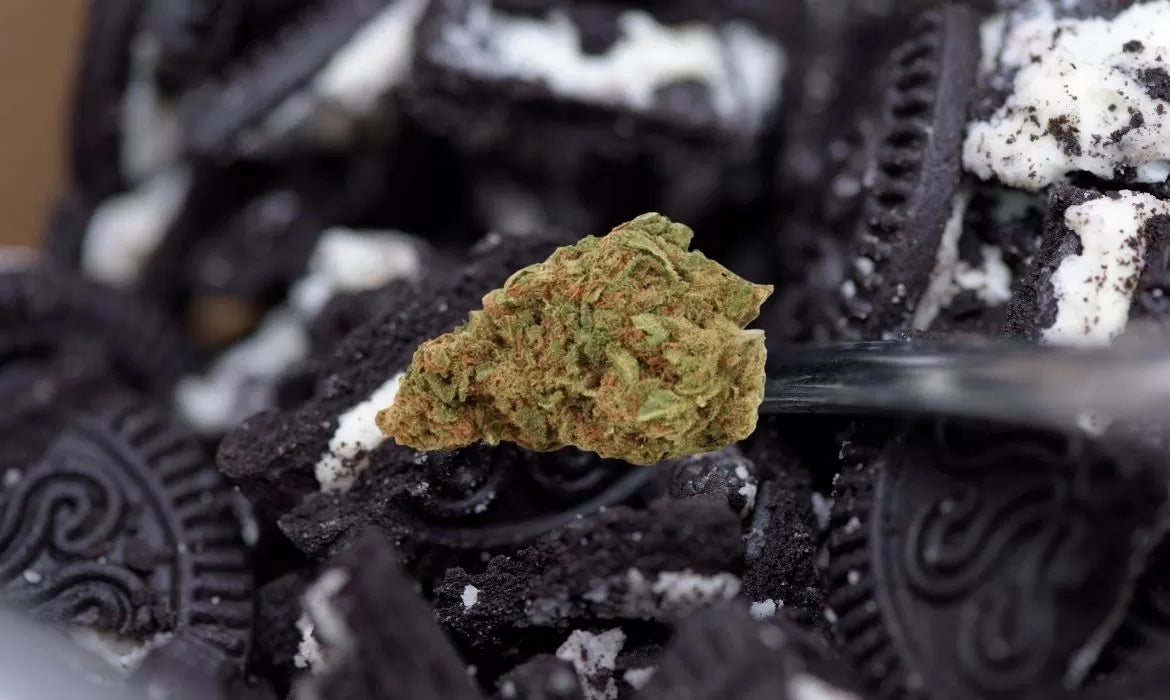**Disclaimer: The information in this article regarding cannabinoids is drawn from comprehensive research and we have made every effort to share the most accurate information available at the time of writing. Remember that legal status is handled differently by jurisdiction and these substances can change status over time. The reader is advised to check the status of cannabinoids before acting and we do not accept liability for this information. This content is for educational purposes only.
When it comes to the legal status of THCA, this may be the most interesting cannabinoid of them all. Technically, THCA is considered a precursor cannabinoid. THCA becomes THC when heated (more on that shortly below). When it comes to Delta-9 THC, it’s federally legal so long as it is hemp-derived and Delta-9 THC is present in quantities of the hemp-plant at or below 0.3%.
Generally speaking, Delta 9 is illegal, especially if it comes from marijuana and via quantities above 0.3%. What is the legal status of THCA? THCA becomes Delta-9 THC through a process known as decarboxylation, but THCA itself is not Delta-9 THC. So, what is the status when it comes to the legality of THCA in South Carolina?
Key Takeaways
- THCA's Legal Complexity: THCA, a non-psychoactive precursor to THC, is federally legal under certain conditions, but its conversion to Delta-9 THC through decarboxylation complicates its legal status.
- South Carolina's Stance: Aligning with federal law, South Carolina permits hemp-derived cannabinoids, including THCA, provided Delta-9 THC levels don't exceed 0.3%. However, THCA isn't explicitly legalized, urging caution.
- Control and Possession: In South Carolina, THCA isn't classified as a controlled substance, and no specific possession limits are imposed, reflecting a more permissive stance compared to Delta-9 THC regulations.
What is THCA?
THCA stands for tetrahydrocannabinolic acid- it’s the precursor to Delta-9 THC, and on its own, it is not intoxicating (or psychoactive), which is why eating cannabis raw does not get you high! Chemically speaking, the structure of THCA does not allow it to bind to CB1 receptors at all, and therefore doesn’t give off any intoxicating effects naturally. Despite this, THCA is still required in order to produce Delta-9 THC (aka Delta 9).
THCA converts to Delta-9 THC through a process known as decarboxylation. By applying heat to THCA for a certain amount of time, the structure of THCA changes, and effectively converts to Delta-9 THC. Obviously Delta 9 is intoxicating and psychoactive.
That’s just what most people want when they walk into a dispensary to buy some cannabis to get baked. THCA is not THCV, and there are also differences between THCA and CBD. Here’s the breakdown between THCA and THCA.
| Aspect | THCA (Tetrahydrocannabinolic Acid) | THCV (Tetrahydrocannabivarin) |
|---|---|---|
| Chemical Structure | Similar to THC, but with an additional carboxyl group. | Similar to THC, but with a propyl (3 carbon) side chain instead of a pentyl (5 carbon) side chain in THC. |
| Psychoactivity | Non-psychoactive in its raw form. Becomes psychoactive when decarboxylated (heated). | Less psychoactive than THC. Can moderate the psychoactive effects of THC. |
| Natural Occurrence | Found in raw and live cannabis plants. | Found in certain strains of cannabis, often in lower concentrations than THC or CBD. |
| Medical Benefits | Potential anti-inflammatory, neuroprotective, and anti-proliferative properties. | May help with diabetes (regulating blood sugar levels), reduce panic attacks, and promote bone growth. |
| Effects on Appetite | Not directly associated with appetite stimulation or suppression. | Known to suppress appetite, which contrasts with THC's appetite-stimulating effects. |
| Therapeutic Uses | May help with a range of conditions due to its non-psychoactive nature, especially in raw form. | Being researched for weight loss and obesity-related issues due to its appetite-suppressing properties. |
| Legality | Generally falls under the same legal restrictions as THC due to its potential to convert to THC. | Legal status varies by region, often tied to the legal status of other cannabinoids like THC. |
| Decarboxylation | Converts to THC when heated, losing its carboxyl group. | Also undergoes decarboxylation when heated, but its effects and potency differ significantly from THC. |
| Interaction with THC | Non-psychoactive itself, but transforms into psychoactive THC when heated. | Can potentially counteract some of the psychoactive effects of THC, leading to a more clear-headed experience. |
THCA and Federal Law
There are complicated issues with THCA though – as it relates to the legality of CBD. The 2018 Farm Bill excludes any cannabinoid product derived from hemp so long as its Delta-9 THC levels do not exceed 0.3% by dry weight – which is confusing because THCA converts to Delta 9! This is why I love running these nuanced tests with scientists and chemists – they get the science but can still be confused about the lawgoverning products derived from the cannabis plant.
Temperature plays a fundamental role in CBD. Legally, THCA hemp is federally legal because when tested after harvest, no significant levels of Delta-9 THC are present. The United States Department of Agriculture (USDA) requires all hemp to be tested prior to harvest – for total THC; that also includes THCA content levels – since THCA converts to Delta-9 THC. Thus, there exists a legal loophole for high-THCA hemp buds – if they originate from total THC tests conducted prior to harvesting; the threshold is 0.3% total THC. In essence, pre-harvest testing matters.
Yet, the real gamechanger? From that harvested bud, total THC testing is subsequently invalid; the only testing in play is for Delta-9 THC levels, often missing THCA content. So hemp that has already been harvested can viably have their THCA levels exceeding 0.3%, which are openly sold today.
Factor in this: Per the Drug Enforcement Administration (DEA), only Delta-9 THC is tested for, and thus the legality of the cannabis product isn’t strict to THCA content but instead reliant upon total THC amounts, i.e., cannabinoids that convert to THC (THCA being the ultimate example for most extractors today). Any company or farmer can freely sell cannabis products with high THCA levels so long as they exclude significant
South Carolina THCA Laws
South Carolina's THCA laws mirror federal law (2018 Farm Bill), thanks to South Carolina House Bill 3449. This bill legalizes all extracts, derivatives, cannabinoids, and isomers that are derived from hemp.
This means that Delta-9 THC is legal if it's not present in quantities over 0.3% in hemp. That said, there is no law in South Carolina that expressly legalizes THCA specifically, so caution is recommended.
Is THCA a Controlled Substance in South Carolina?
At this time, there are no indications that THCA is a controlled substance in South Carolina. South Carolina's cannabis laws limit their restrictions to Delta 9, not THCA. So, essentially, THCA is not a controlled substance in South Carolina.
THCA Possession Limits in SC
Since South Carolina's cannabis laws only refer to Delta 9, there's no possession limit for THCA.
Is THCA Legal in South Carolina?
Although there are no specific laws in South Carolina that indicate that THCA is 100% legal, there are also no laws that expressly prohibit it. As such, the legality of THCA in South Carolina is implicit rather than explicit.
Is THCA Safe?
There are no indications that THCA is unsafe, particularly when consumed in moderate quantities. In fact, THCA may even have a variety of potential health benefits.
Remember that THCA, on its own, doesn't produce psychoactive or intoxicating effects. This means that you can reap the potential benefits of this cannabinoid without getting high.
Of course, if you want to get high, smoke, vaporize, or decarboxylate it in your oven to turn THCA into the psychoactive and potent Delta-9 THC.
If you're curious about what THCA does to the brain, learn more here.
Where to Buy THCA in South Carolina?
We have an amazing selection of legally compliant products to choose from, including these super tasty Delta-9 Mixed Flavor THC Gummies, these Nano Delta-9 Microdose Gummies, and this Delta-9 THC Gummies Sample Pack. Just click on the product and make your order!
Also, check out our recommendations on high THCA strains!
Sources used for this article:
https://www.ncbi.nlm.nih.gov/pmc/articles/PMC5549281/
https://www.ncbi.nlm.nih.gov/pmc/articles/PMC5510775/
https://www.usa.gov/agencies/drug-enforcement-administration
https://www.usa.gov/agencies/u-s-department-of-agriculture
https://www.scstatehouse.gov/sess123_2019-2020/bills/3449.htm
This article was last updated in April 2024 and the information provided in relation to US federal and state cannabis laws is accurate as of the date provided. Due to the rapidly changing cannabis bill across the state and federal levels in the US, the information herein may become outdated at any time. Additionally, and for the avoidance of doubt, this article is NOT intended to be legal advice and Botany Farms as provided or intended to provide any legal advice, nor is any individual or entity associated with Botany Farms providing legal advice. Please consult official state government websites for current information regarding cannabis laws for your state.
